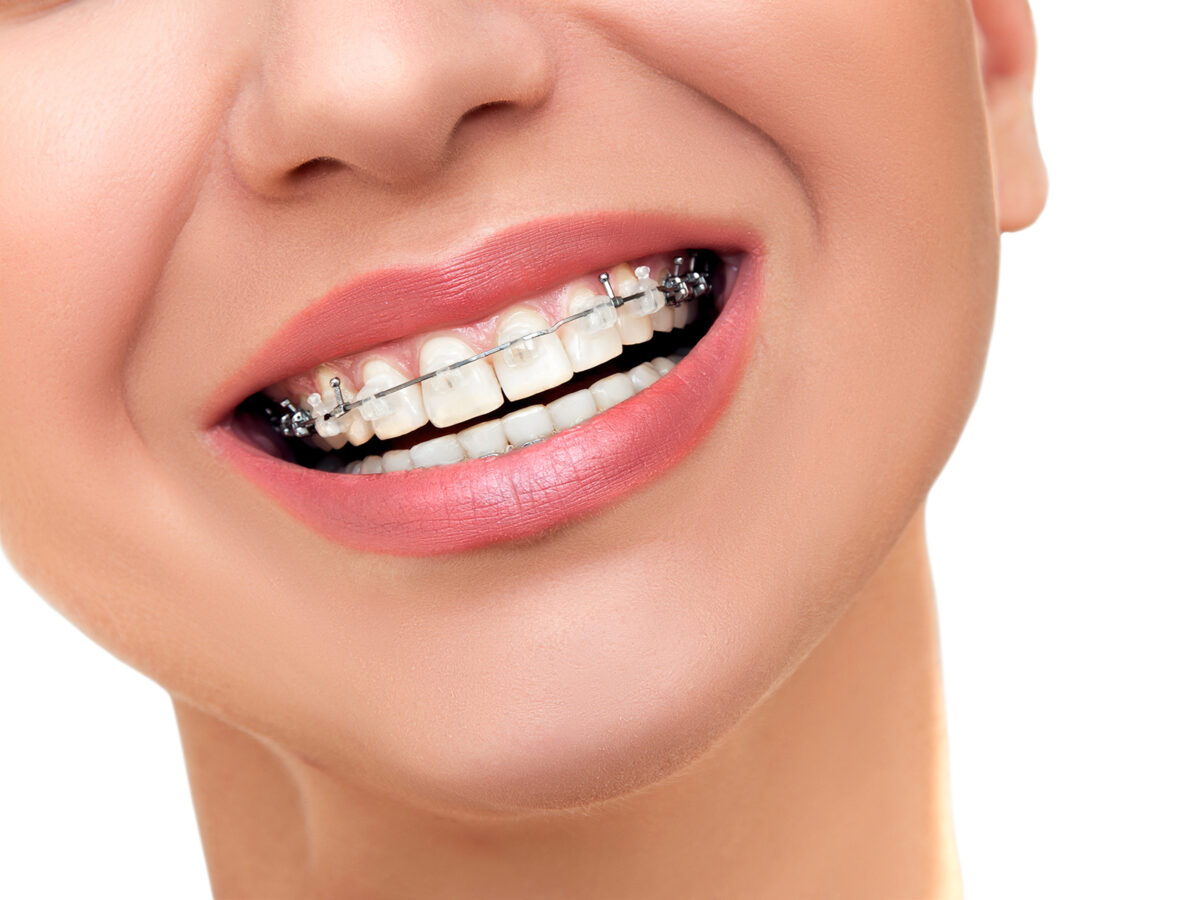Blog
Dental hygiene tips for healthy teeth & gums

What is the side effect of braces?
Braces are one of the most prevalent dental treatments. They’re designed to fix teeth that aren’t in the right place, bite problems, or prosthetic concerns. Although fixed braces have proven to be a viable choice for tooth misalignment, individuals with fixed braces are familiar with difficulties such as tooth pain and discomfort. Furthermore, there are other complications and adverse effects that are associated with them that, while less common, can have a significant impact on your dental health.
The most common side effects of braces are listed here:
- Minor Discomfort: Braces may cause little discomfort if you are not used to wearing them. As a result, it may be difficult to adjust for a few weeks.
- Difficulty Consuming Food: While wearing braces, you can find it difficult to eat. Because our teeth won’t be able to move as easily as they would without braces, it is one of the most common adverse effects of braces on teeth.
- Difficulty in Speaking: Since your teeth are not permitted to move freely due to the tight iron wires and brackets, you may not be able to talk properly while wearing braces. As a result, most people may lisp when wearing braces.
- Jaw Ache: When it comes to the negative consequences of braces on the face, jaw discomfort is always at the top of the list. Tight braces can cause tooth pain, which can spread to the jaw, especially if jaw therapy was done before the braces were installed.
- Sores in the Mouth: In the early weeks of wearing braces, there is a considerable risk of developing mouth sores as a result of the constant discomfort.
- Allergic Reactions: Some people are allergic to latex rubber, which is widely used in braces and metallic wire.
Make an appointment with your dentist as soon as possible if you seek more advice and guidance.


